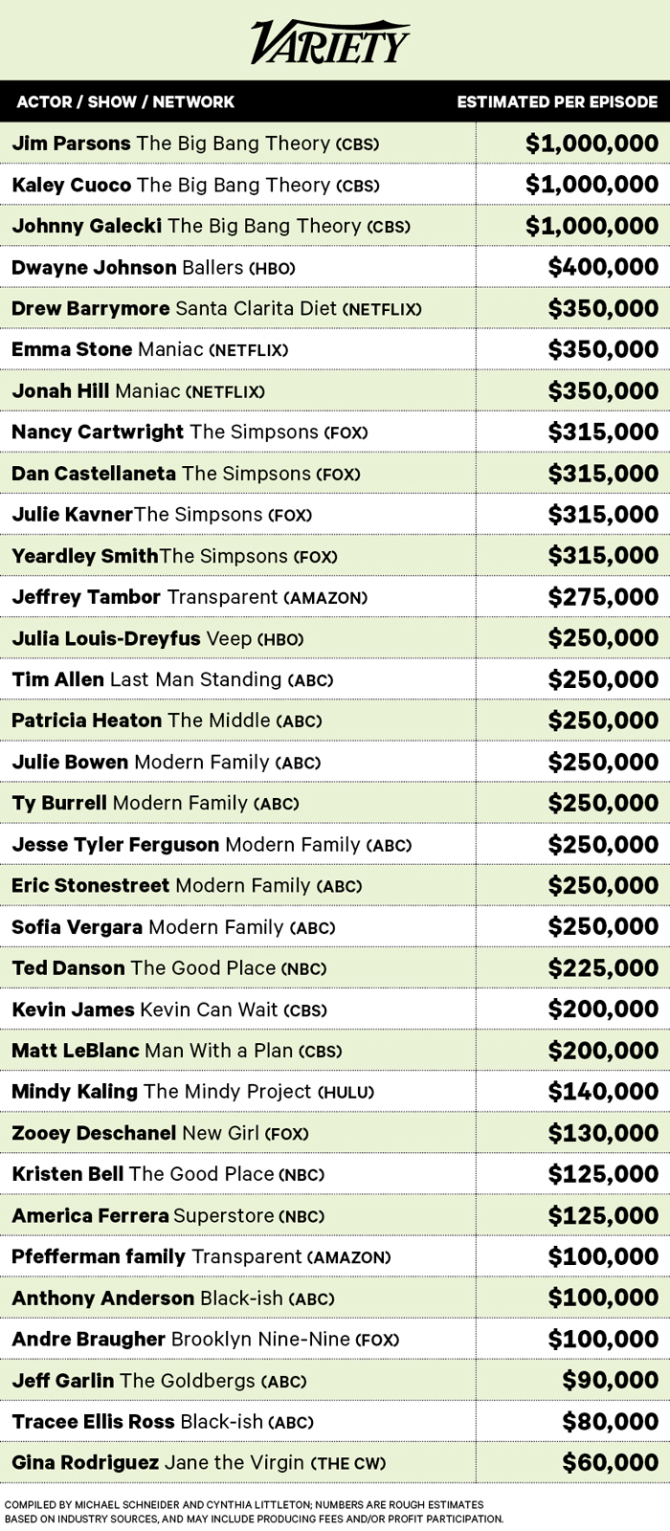For almost two decades now, one of the biggest stories in entertainment has been the increasing cultural dominance of television programming over movies. The sheer number of critically acclaimed and popular shows has ballooned as HBO evolved and new players such as Netflix and Amazon have entered the fray. The trend has also led to more and more big name actors shifting from the big screen to the small.
While the film industry continues to focus on sequels, reboots, remakes and comic book movies, television has become a hotbed of creativity. For those seeking original stories, more diverse casts and narratives or just interesting fresh faces, television programing has (ironically) become the go-to location for a break from the routine. In fact, the glut of quality programing over the last five years has even been given an internet-approved name: Peak TV. There’s so much good television now, you can’t ever hope to watch all of it.
This golden age of television now faces another problem: As Variety’s recently released list of salaries for the biggest stars on TV illustrates, budget bloat is becoming an issue — one that threatens to cull the crowd of quality programming or even lead to the same kind of creative stagnation that’s long affected the blockbuster-driven movie business. As Variety’s Michael Schneider notes, the “gold rush” for top actors — “from film stars no longer ashamed to slum it on the small screen to TV veterans making their return to the tube” — has led more and more programmers to offer up budget-busting paydays, resulting in a doubling of salaries for the biggest or most bankable stars.
Related: The Highest Paid Actors on Television
That escalation in costs will have ripple effects. Budget concerns have reportedly already claimed one critically acclaimed casualty. Netflix’s Bloodline featured beloved character actors Kyle Chandler and Ben Mendelsohn, and it won rave reviews from critics and awards recognition at the Emmys. It was the exact sort of dark, serious drama for grownups that has come to characterize Peak TV, but Netflix has already announced its cancellation after one more season. Netflix has only canceled two shows before (its little-heralded early original programming efforts Lillyhammer and Hemlock Grove), so many were shocked at the decision to end Bloodline.
Netflix is famously tightlipped when it comes to ratings, but the show didn’t have quite the same buzz and some of Netflix’s other hits, and multiple reports have suggested that the show’s budget ran as high as $7 million to $8.5 million per episode. The question is whether Netflix, or other studios, might not be as quick to greenlight another show of its kind? Are we moving past Peak TV?
Related: The Netflix Library Is Shrinking Fast: Here’s Why It Doesn’t Matter
Consider a show like HBO’s Game of Thrones, with an enormous budget and huge cast. The top five actors all make $500,000 per episode, according to Variety. That means that an average episode featuring all five costs $2.5 million before a single dragon has even been added. Now Thrones does have its own unique solution for trimming its cast (the showrunners could save $1 million an episode just by killing off the Lannister twins) but as the show enters its homestretch, HBO has to be thanking the Lord of Light that Emilia Clarke’s film career seems to have stalled. You can imagine that the endless budget meetings and contract negotiations are a big part of why David Benioff and D.B. Weiss have emphatically said that they are out after Season 8.
There are some caveats, inherent differences in the way that television operates from film that might forestall TV’s decline into movie mediocrity. The drive for international box office will be different, for starters. Fewer shows will be made with a “China first” attitude. Also many of the big names on the list are for fading dinosaurs, still holding on to a previous era driven by the profitability of syndication or cheaply produced reality programming. Also, the larger number of outlets means there’s still a greater demand for television content — and greater opportunities for quality shows to find an audience. But if big salaries and big budgets make the industry less willing to take creative risks, then the spark that has fueled Peak TV could be extinguished by its own success.






